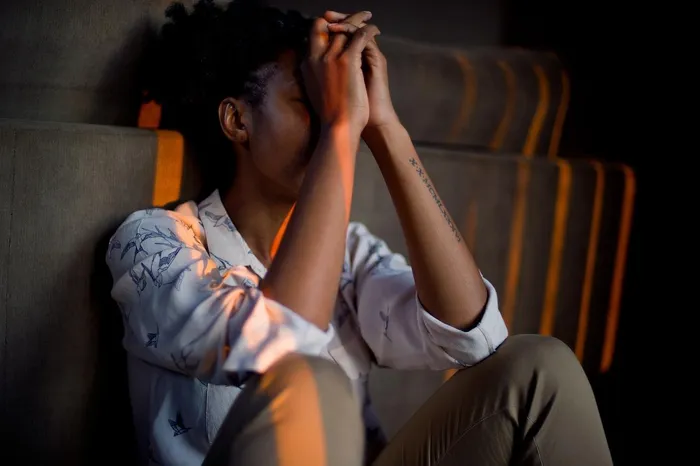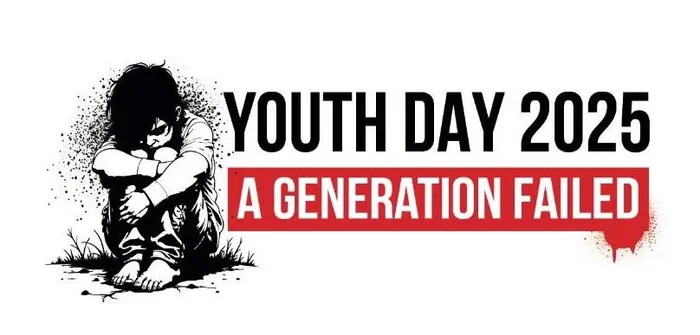Youth Day: Advocacy groups demand stronger government action to combat GBV in South Africa

NGOs share their insights on the mental impact that GBV has on the country's younger population
Image: Pixabay
IN SPITE of all the campaigning, advocacy and awareness programmes the scourge of gender-based violence and femicide continues to hover ominously over South Africa as the country celebrates Youth Month.
At a time when young people should be celebrated and given every encouragement to pursue excellence, instead, the overshadowing reality of reported ever increasing incidents of murder, rape, and kidnapping escalate douses optimism.
While the government continue to ring the alarm bells about the the dire state of GBV in the country, damning is the prevailing view from advocacy groups that the government's actions in response thus far have proven insufficient.
The statistics are stark: between January and March 2025, 966 women and 314 children fell victim to murder.
"These are not mere statistics; they represent lives lost amid a system that too often fails to protect the most vulnerable," warns Siyabulela Monakali, communications manager for Ilitha Labantu, a non-profit organisation founded in 1989.
Monakali elaborates that the pervasive underfunding of support programmes, lack of enforcement of existing laws, and an overloaded legal system contribute to a culture of failure that retraumatises survivors.
He criticises the government's approach to combatting GBVF as reactive, often characterised by bursts of activity that fizzle out without meaningful change.
"Many of the government's interventions are mere band-aids," he continues, asserting that they sidestep deeper issues such as misogyny and toxic masculinity. "Until there is meaningful, coordinated, and well-resourced action that tackles these root causes, the crisis will continue unabated."

The youth of 2025 are facing several challenges, including GBV
Image: File
The advocacy group Women For Change underscores this sentiment, asserting that the government has significantly underprioritised the fight against GBVF. They have initiated a petition to have GBVF declared a national disaster. "The government's bureaucracy and their lack of accountability, transparency, and responsiveness are key reasons why more women will be killed in this country," the group states.
South Africa's Constitution, rich with protections against GBVF, establishes a framework that includes the right to equality, human dignity, and personal security. Yet, despite these legal advancements, the persistently low conviction rates reveal a justice system struggling to uphold these rights.
"To protect the dignity and freedom of women and children, government departments can no longer fail to prioritise GBVF policies and programmes," cautions Women For Change.
Activist Mukhethwa Dzhugudzha echoes these findings, urging a shift in focus from punitive measures to preventative strategies. "We need to move beyond reacting to violence and start implementing measures that protect women and children before they fall victim," he states, clearly identifying the need to address underlying issues like economic dependency and victim-blaming mindsets.
The alarming rise in violent incidents against women serves as a stark reflection of South Africa’s social challenges. "This is an indictment on all of us that our society is exposed to GBVF, sexual violence, murder, and assault in such alarming numbers," notes Bafana Khumalo of Sonke Gender Justice. He calls for intensified efforts to implement the National Strategic Plan on GBVF, a global call to action that South Africa must heed to forge a path away from this crisis.
Advocacy groups across the country roundly maintain their zero tolerance stance on violence against women and girls. They call on leaders to acknowledge the enormity of the challenge before them and to commit to substantive actions that can bring meaningful change.
DAILY NEWS